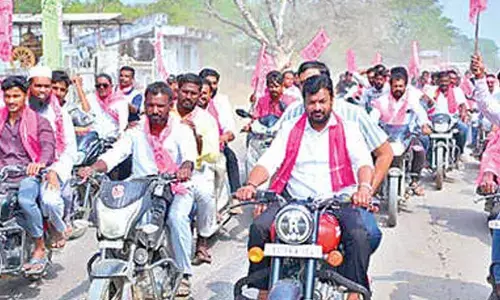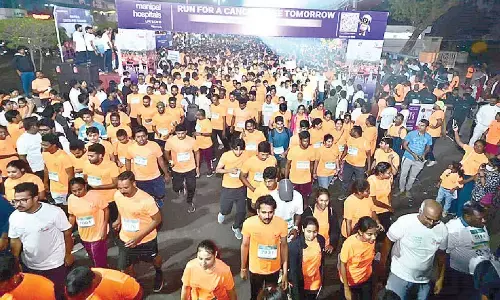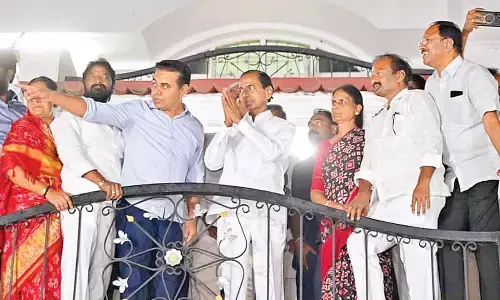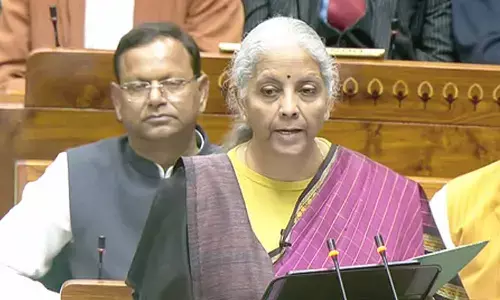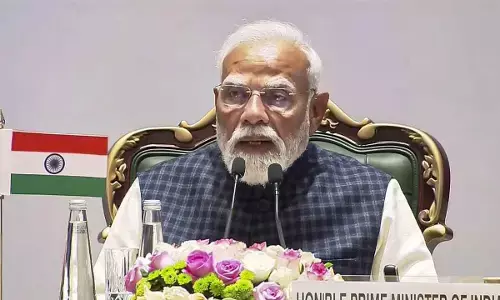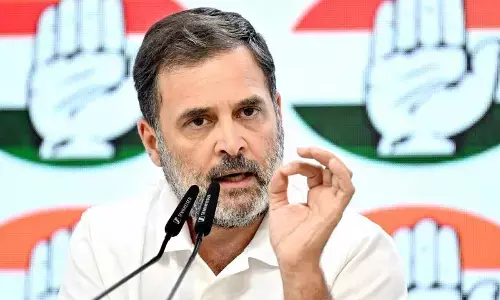Assam becomes the first state to ratify GST bill
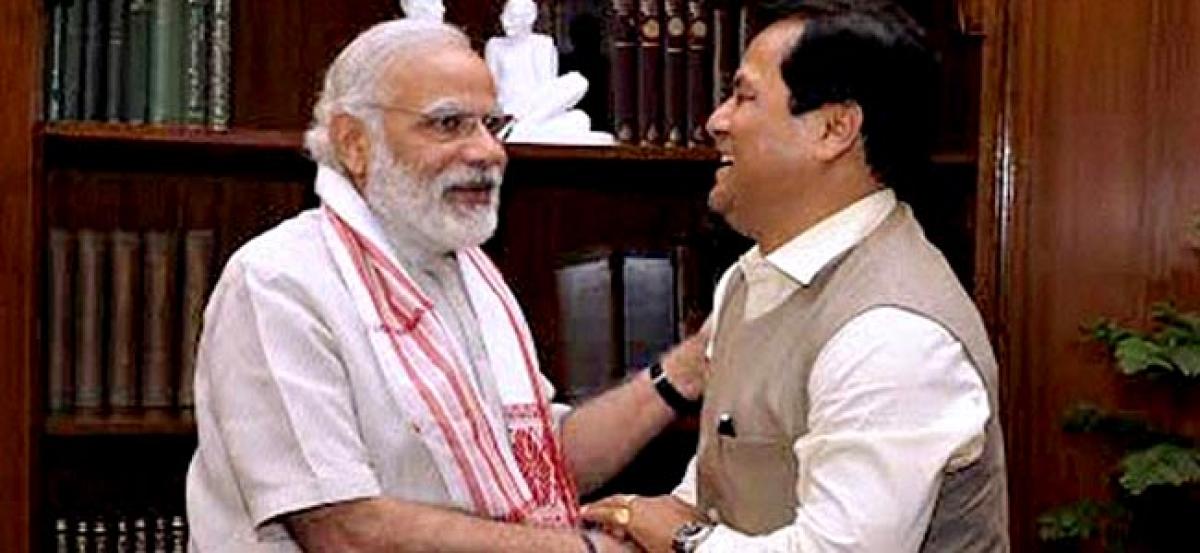
Assam became the first State to ratify the Constitution Amendment Bill on Goods and Services Tax with the Assam Legislative Assembly passing the bill unanimously on Friday.
Guwahati: Assam became the first State to ratify the Constitution Amendment Bill on Goods and Services Tax with the Assam Legislative Assembly passing the bill unanimously on Friday.
The State Cabinet approved the bill on Friday before it was placed in the Assam Assembly
“A historic resolution was passed in Assam Assembly as Assam became the 1st State to ratify the Constitutional Amendment Bill relating to GST,” Assam Chief Minister Sarbananda Sonowal tweeted soon after it was ratified.
“I am sure Assam will benefit from the GST through higher economic growth and better revenue collection,” Sonowal said.
Meanwhile, Prime Minister Narendra Modi in a telephonic conversation congratulated Assam CM for ratification of GST by Assam Legislative Assembly.
State finance minister Dr Himanta Biswa Sarma said that Chief Minister Sonowal wanted Assam to become the first State to pass the amendment as this would send a positive signal to the industry.
“This is a historic occasion for us to become the first State to pass this Bill. I would like to thank the Speaker for allowing us to introduce it today after we informed him just last night,” Dr. Sarma said, who introduced the bill on behalf of the Chief Minister.
Of the Central GST portion, 42 per cent tax will be given back to the State.
The GST will also have a special concession option for NE and Himalayan States if they request reduction of taxes for any reason.
Besides, these States can collect special tax during any natural calamity or disaster subject to approval by GST Council.
The Constitution (122nd Amendment) Bill for the rollout of the Goods and Services Tax (GST) was passed by the Lok Sabha on Monday, with 443 members present in the House voting in favour of the legislation.
The deadline for the rollout of the bill was April 1, 2017.
At least 50 per cent of the States have to pass what is technically the Constitution (One Hundred and Twenty-Second Amendment) Bill, 2014, for the next steps of legislative action to follow, to ultimately introduce a pan-India Goods and Services Tax regime.
The new regime seeks to subsume all central indirect levies like excise duty, countervailing duty and service tax, as also state taxes such as value added tax, entry tax and luxury tax, to create a single, pan-India market.
(Reporting by Hemanta Kumar Nath)








